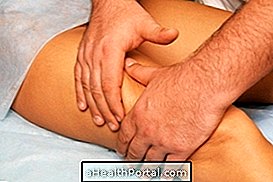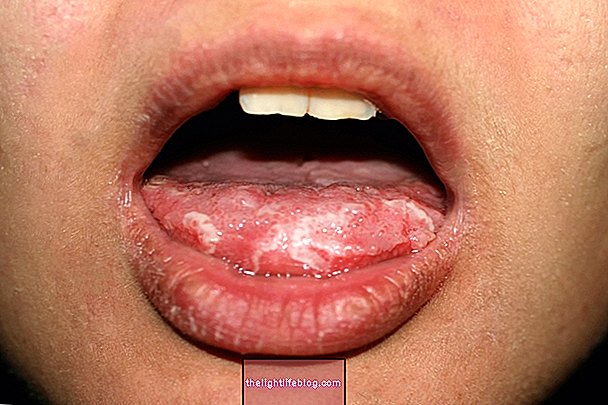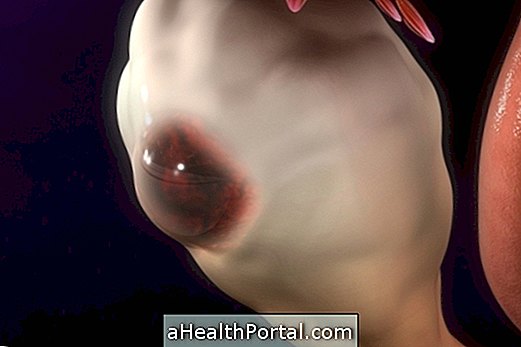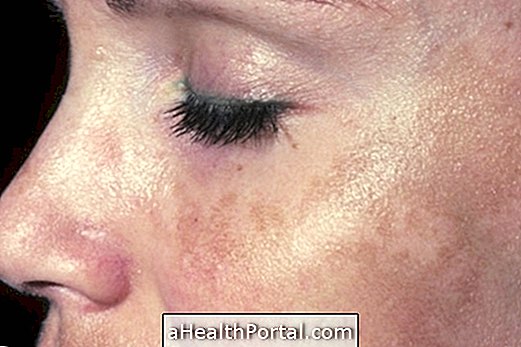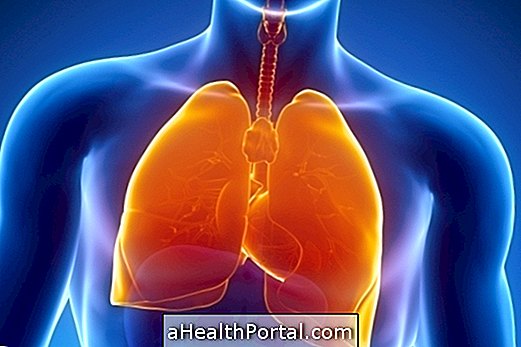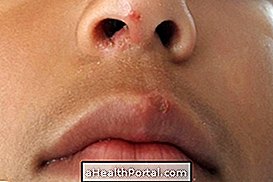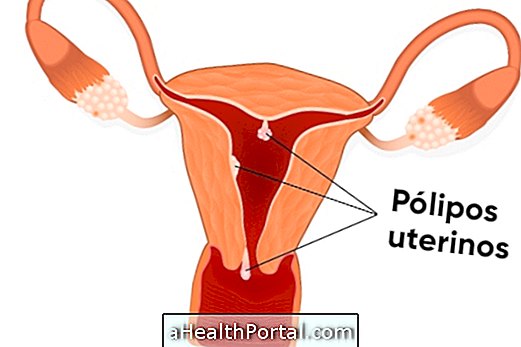Nerve tics correspond to any repetitive and compulsive action, such as blinking the eyes several times, moving the head, or sniffing the nose, for example. Tics usually appear even in childhood and usually disappear without any treatment during adolescence or early adulthood.
Tics are not serious and, most of the time, do not interfere with day to day activities. However, when tics are more complex and occur more frequently, it is important to consult a neurologist or psychiatrist for the diagnosis, as it may be Tourette Syndrome. Learn how to identify and treat Tourette Syndrome.

Why it happens
The causes of nervous tics are not yet well established, but they usually occur as a consequence of excessive and frequent fatigue, stress, and anxiety disorder. However, people who are under constant stress or feel anxious most of the time will not necessarily have the tics.
Some people believe that the occurrence of tics is related to failure in one of the brain circuits due to genetic changes, which causes greater production of dopamine, stimulating involuntary muscle contractions.
Main symptoms
Nerve tics are involuntary contractions of the muscles of the face and neck, which can result in:
- Eyes blinking repetitively;
- Move your head, as you tilt it forward and back or to the sides;
- Biting your lips or moving your mouth;
- Wiggle your nose;
- Shrug your shoulders;
- Faces.
In addition to motor tics, there may still be tics related to the emission of sounds, such as coughing, snorting the tongue and sniffing the nose, for example.
Tics are usually mild and not limiting, but there is still a lot of prejudice and unpleasant comments related to people with nervous tics, which can result in isolation, decreased affective circle, unwillingness to leave the home or perform activities that were previously pleasant, and even depressed.
Tourette Syndrome
Tourette Syndrome is not always the nervous tics. Usually this syndrome is characterized by more frequent and complex tics that can compromise the quality of life of the person, since besides the common tics, like blink of an eye, for example, there are also punches, kicks, buzzing, noisy breathing and thumping in the chest, for example, all movements being performed involuntarily.
The characteristic tics of this syndrome appear between 7 and 11 years, and it is important that the diagnosis happens as soon as possible so that the treatment is initiated and the child does not feel so many consequences of this syndrome in their daily life. Here's how to differentiate Tourette's syndrome from nervous tics.
How is the treatment done?
Nerve tics usually disappear during adolescence or early adulthood, and no treatment is required. However, it is recommended that the person do psychotherapy so that the factor that stimulates the appearance of the tics is identified and thus facilitate their disappearance.
In some cases, the use of some medications such as neuromodulators, benzodiazepines, or botulinum toxin may be recommended by the psychiatrist, for example, depending on the severity of the tics.




